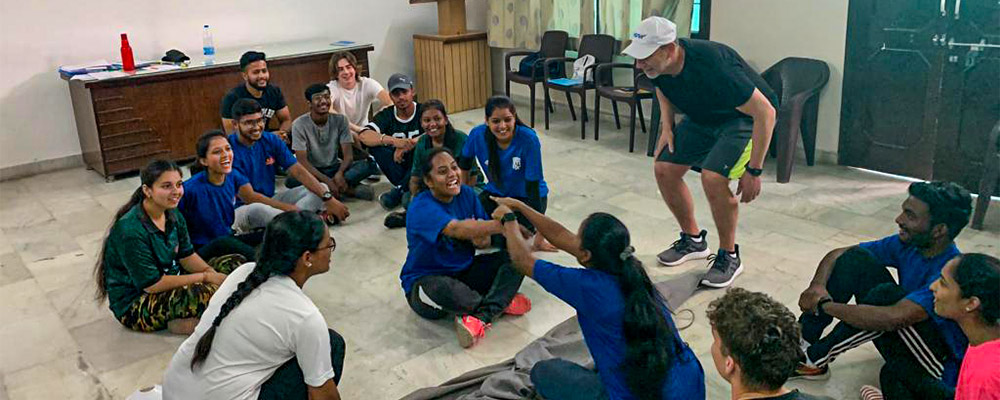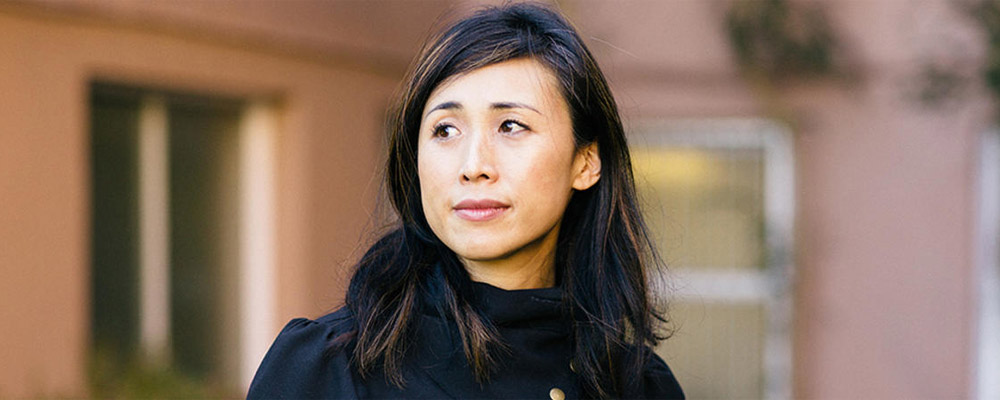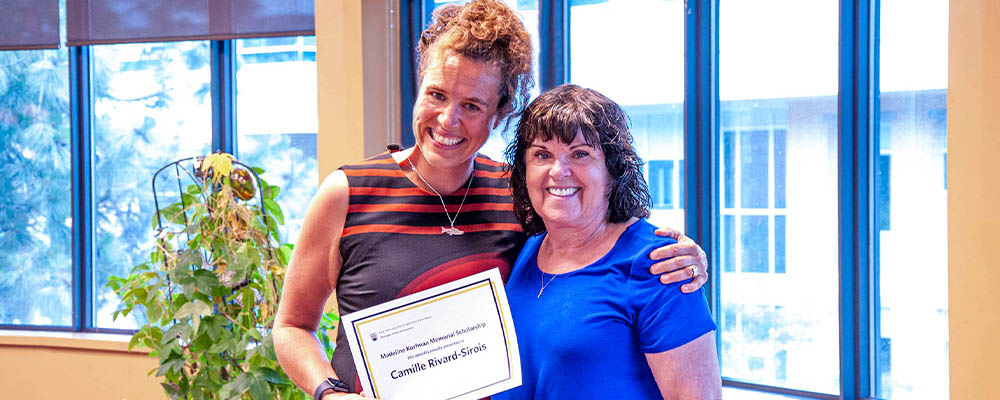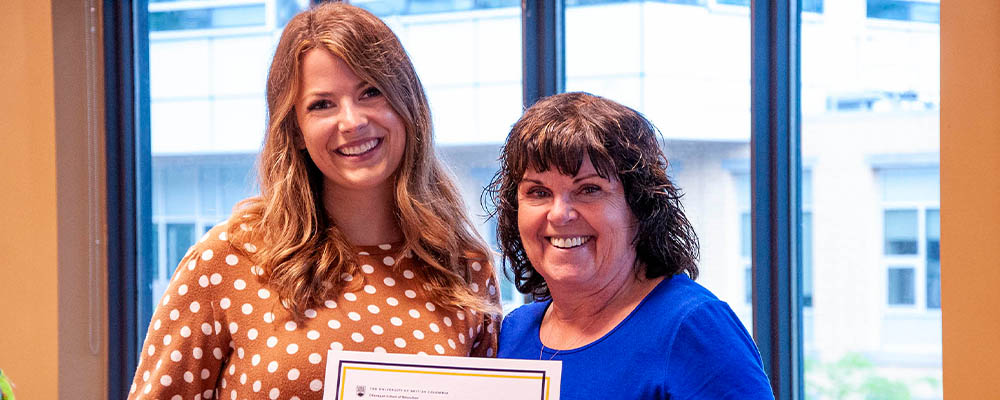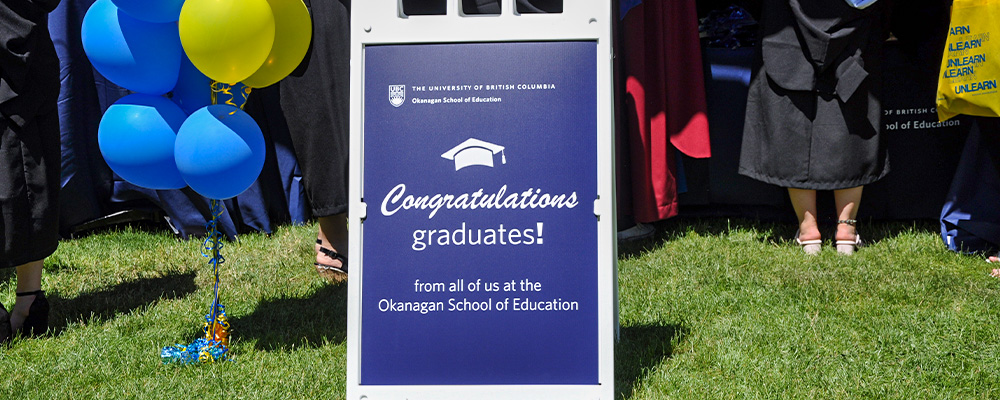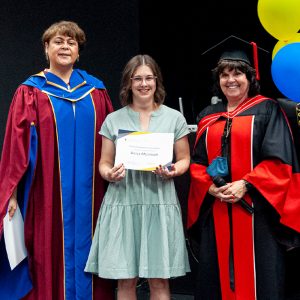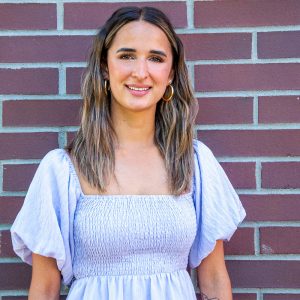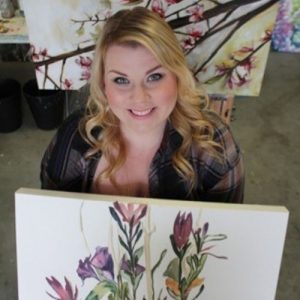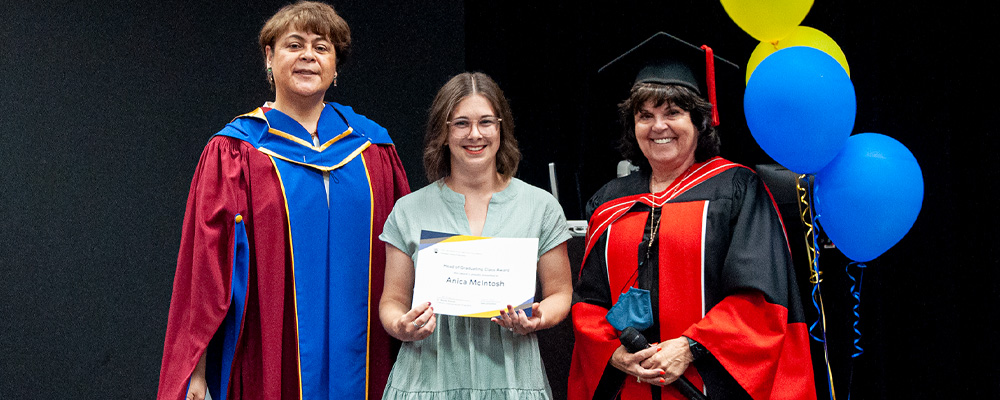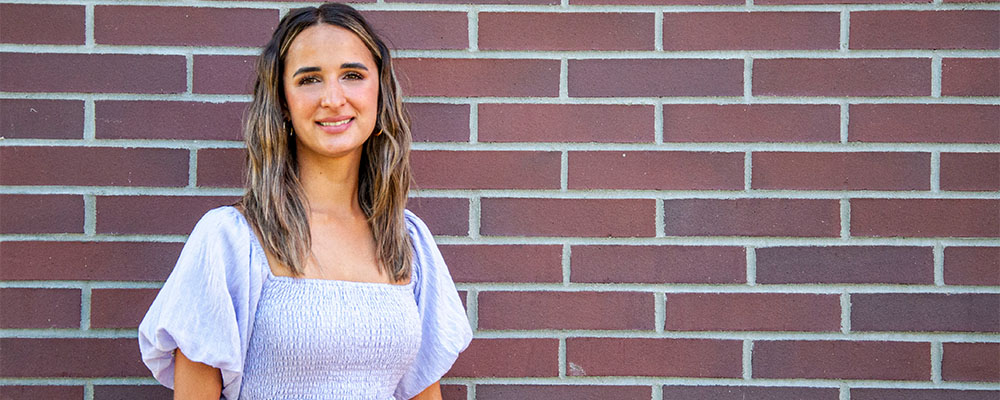
Whether you’re interested in applying for the Bachelor of Education program this year, or in the future, here are a few tips to guide you along the way.
- Start reviewing the admission requirements early!
The most often asked question is ‘what courses do I need to get into the program?’
The admission requirements are listed on our Bachelor of Education page.
As part of your application and to assist you in reviewing (and checking off) the academic admission requirements for your chosen pathway, there are self-assessment worksheets: Teaching Children and Teaching Adolescents. You will submit these self-assessments during the application process.
If you have questions about whether or not your course meets the course requirements, please contact Academic Advising, please visit the Student Advising Services webpage to contact them or book an appointment.
- Gain experience working with the age group you think you want to teach
A minimum of 75 hours of practical experience (volunteer or paid) working with children or youth is required. We recommend you work/volunteer with the age group that you wish to teach. You will be asked about your experience when you submit your Supplemental Application Form.
On this form, you will also be asked to write a personal essay: Becoming an educator opens doors to many opportunities to teach, learn, and contribute in a variety of contexts including but not exclusive to schools. What are your goals as an educator? Highlight and provide examples of the qualities and experiences you bring to the challenge of becoming an educator.
TIP: We understand you might change your mind about what you’ve written. We do allow you to re-submit a Supplemental Application Form. However, you must resubmit as a fully completed application. We recommend you save copies of your written answers in a word document, so if you wish to modify your answers, you don’t have to re-type everything.
TIP: Once you have submitted your summary of experience (up to three experiences can be listed), and moved on to the next experience or Personal Essay question, you will not be able to go back to edit your experience on the supplemental application form.
A range and variety of instructional experiences is encouraged to better prepare for the program. Typical experiences for applicants include but are not limited to working in school classrooms as a volunteer or assistant, teaching dance, coaching team sports or working as a summer camp counselor.
TIP: Not sure where to go for experience? You can contact your local school district, recreation/community centre, youth group, art gallery or museum to see if they have any opportunities.
- References
You will need two professional references from individuals who have personally observed you working with children and/or youth in a face-to-face or online instructional capacity, either in a group or with an individual.
References must be credible authorities who can speak to your abilities, experiences and interests relevant to the teaching profession. They cannot be a family member or friend.
Examples of appropriate references:
- An individual who has personally observed you in a face-to-face (as opposed to an online) context where your primary role was to instruct or interact with children and/or youth
- School administrator (e.g., principal, vice-principal)
- Teacher at an elementary, middle or secondary school
- Camp director
- Daycare program coordinator
- TA-supervising professor
You will send each of your references the link to the Confidential Report on Applicant, your student number and name as provided in your BEd application, the pathway you are pursuing and email address. Once your reference has submitted their confidential report, you will receive a confirmation email.
This form is confidential and is only used for admission purposes. As the applicant, you should not see the completed form.
Interested in teaching French?
To apply for the French pathway, you’ll need to meet the admission criteria for either the Teaching Children or Teaching Adolescents Pathway (please see the criteria above). In addition, you’ll need to submit one of the following:
- Successful completion of the Diplôme d’études en langue française (DELF) and/or Diplôme approfondi de langue française (DALF) OR
- A written assessment by faculty of the French Department of a Canadian university that you have demonstrated knowledge of the French language to indicate you are capable of conducting all French language teaching OR
- Demonstration of completion of all of your education in the French language OR
- A letter from a Francophone Education Authority indicating your proficiency
Questions related to the French Pathway may be directed to the BEd Coordinator, French, Carl Ruest, at carl.ruest@ubc.ca or (250) 807-8196.
- Sending in transcripts if you are not currently a UBC student
Submit your official transcripts for any post-secondary studies at institutions other than UBC by mailing them to:
The University of British Columbia
Undergraduate Admissions
2016 – 1874 East Mall
Vancouver, BC, Canada V6T 1Z1
For more information on sending transcripts visit you.ok.ubc.ca
- Need help?
If you have questions about your application or need assistance please visit the Student Advising Services webpage to contact them or book an appointment.
Applying to UBC Vancouver
If you are applying to the UBC Vancouver Teacher Education program, you will need to submit two references and your personal essay to them directly.
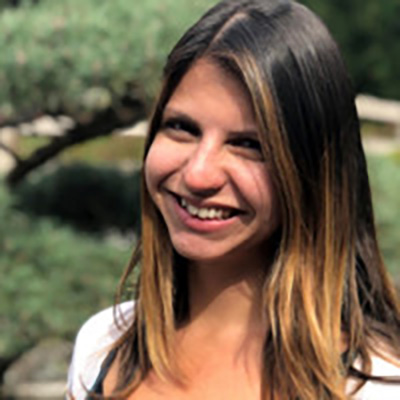
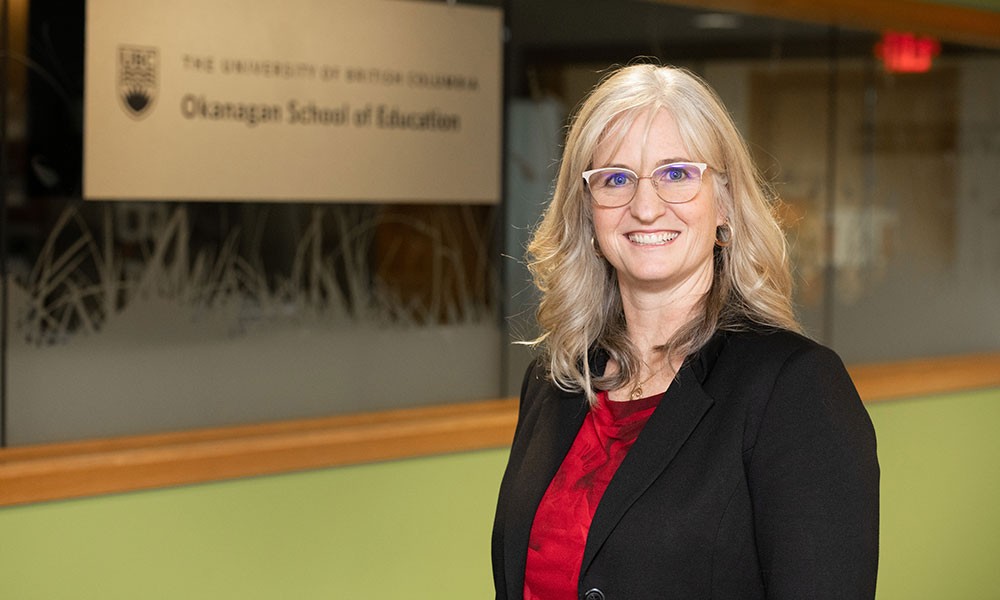
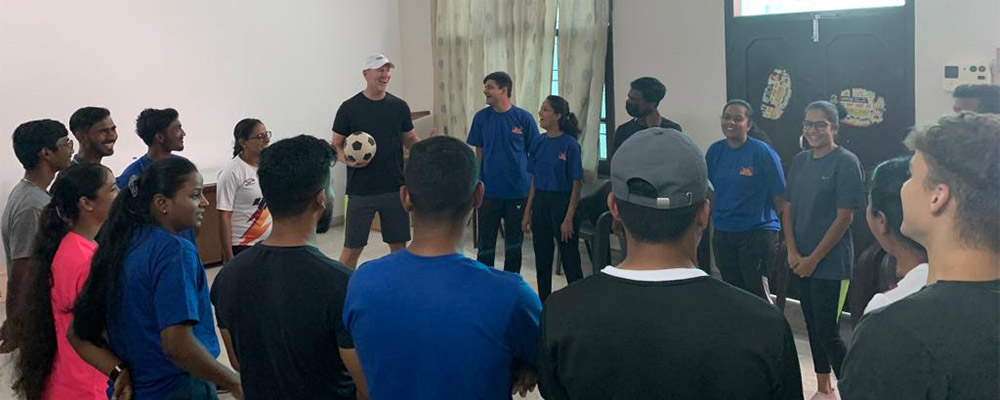 The air feels heavy as temperatures hang around 40C in the Punjab village of Rurka Kalan, India. Dr. Stephen Berg has travelled to the region several times before, but feeling that heat in late May doesn’t get any easier.
The air feels heavy as temperatures hang around 40C in the Punjab village of Rurka Kalan, India. Dr. Stephen Berg has travelled to the region several times before, but feeling that heat in late May doesn’t get any easier.